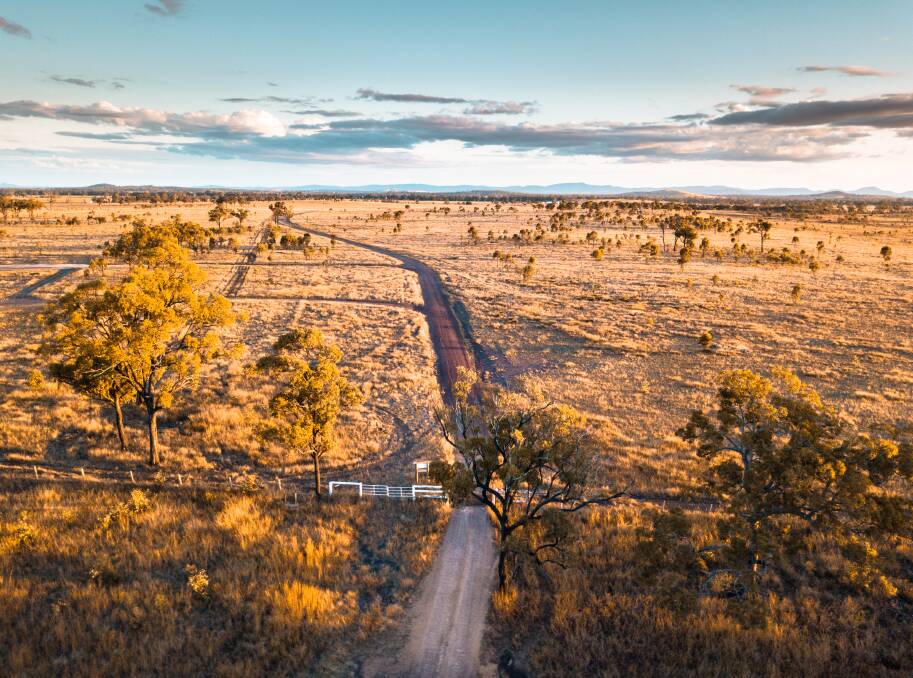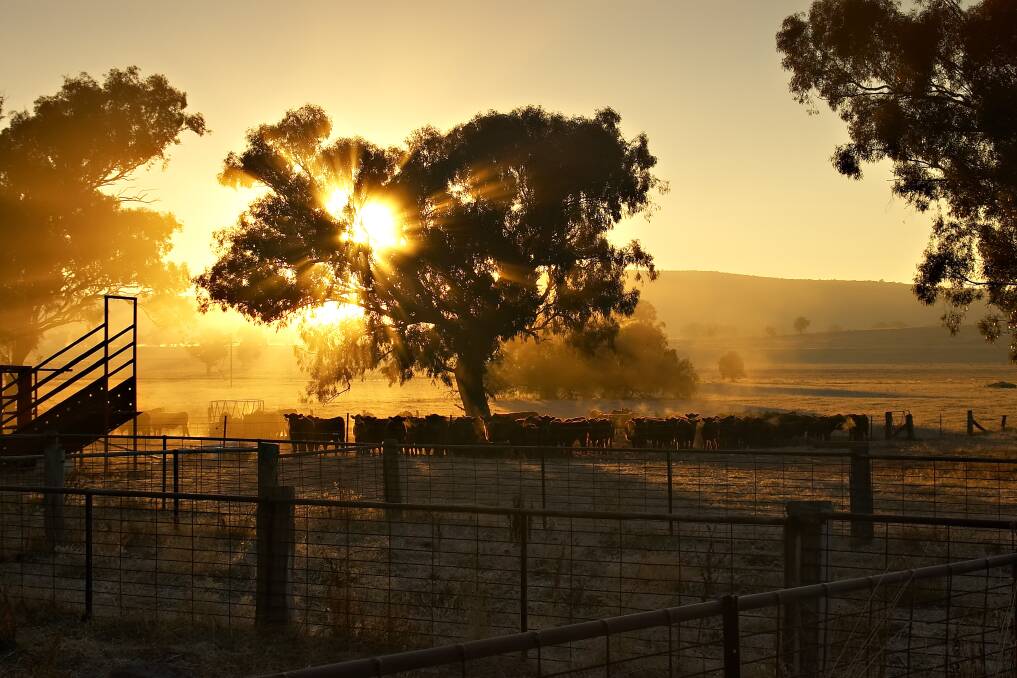Getting landholders back onto the land

Sponsored content from Emanate Legal
AS RURAL land values improve and cattle and feed prices follow the lead, Queensland’s rural property scene is now the new hot topic.
Everyone seems to have an opinion, and wants in on it.
From powerlines and highways, to solar farms and railway corridors, there is always another new project impacting on rural land and landholders for the betterment of “the greater good.”
The powers that be (and their ever changing department names) seem to constantly increase unimproved land values, revolutionise biosecurity rules and relentlessly change vegetation management laws, requiring landholders to get a grasp on new regimes, new laws and new ways.
In addition, there is the continuing need for more resources with gas and mining companies also demanding their piece of the pie.
Gone are the days when owning rural land meant a more peaceful existence.
Once farmers were those special few with a desire to work for themselves on their own bit of dirt, often times with a love of the bush and being outdoors, and the peace and quiet that came with it.
These days, farmers typically spend more time inside than out, more time on the computer or phone than the tractor, and more time with people than livestock, all to keep their farming business alive.
The reality is it’s simply not good enough to do the bare minimum paperwork in order to stay on top of things.
The modern farmer now must own, and comfortably wear, more than 50 hats.
Landholders must be tech savvy, be up-to-date on workplace health and safety, be a biosecurity expert, and understand land tenures, values and compensation.
They must be a skilled negotiator and people person, be across social media and the online world, as well as an expert at dealing with red and green tape.

On top of this they need to comprehend amendments to legislation, and policy frameworks and guidelines, plus contemplate revolving political positions and their impacts on their land and business.
More so than ever before, it is critical for farmers to be fully aware of their land and business – what they own, what it’s worth and what rights they (and others) have over that land.
Are they entitled to compensation? Are there opportunities to convert to freehold? Should they object to their land valuation? What water rights do they have, and how secure are they?
They must be aware of recent legislative changes.
Right now, the hot topic is vegetation management and new self-assessable codes.
Farmers must have the know-how to undertake on the ground property vegetation audits, understand the legislation, know the exemptions so they can apply for, update and lock in PMAVs.
They must know who to call, where to go, and what to do if they have concerns about clearing undertaken on the land.
Also imperative for today’s farmers is an understanding of what comes next?
What is envisaged for the land and business when the famer is no longer able, or no longer wants to be there?
How can the famer proactively, cost effectively and productively address succession planning the way they want to?
How can the land be safeguarded for the next generation? What are the options, their impacts or ramifications and what does each of those options cost?
Without these skills and resources, farms, farmers and primary production businesses will struggle.
Never has it been more critical for farmers to have at their fingertips all the knowledge, and for that purpose, a trusted team of experts to provide that knowledge in a practical, common sense and efficient manner which helps farmers get back to doing what they do well.
If you would like to understand how the Emanate team can assist you in these areas, we invite you to contact them on (07) 4727 0100 for an initial, obligation-free consultation (without cost).
Emanate’s team of dedicated lawyers are experienced in:
- land related work: land injury (compensation), land planning, property transactions, land valuation, water licences and the like;
- business related matters: business restructures; family business concessions; succession planning; and
- engaging a team of recognised expert consultants who together with Emanate, will add value and achieve outcomes for your business.
Emanate Legal are trusted legal advisors providing right advice and strategic outcomes.
Sponsored content from Emanate Legal


